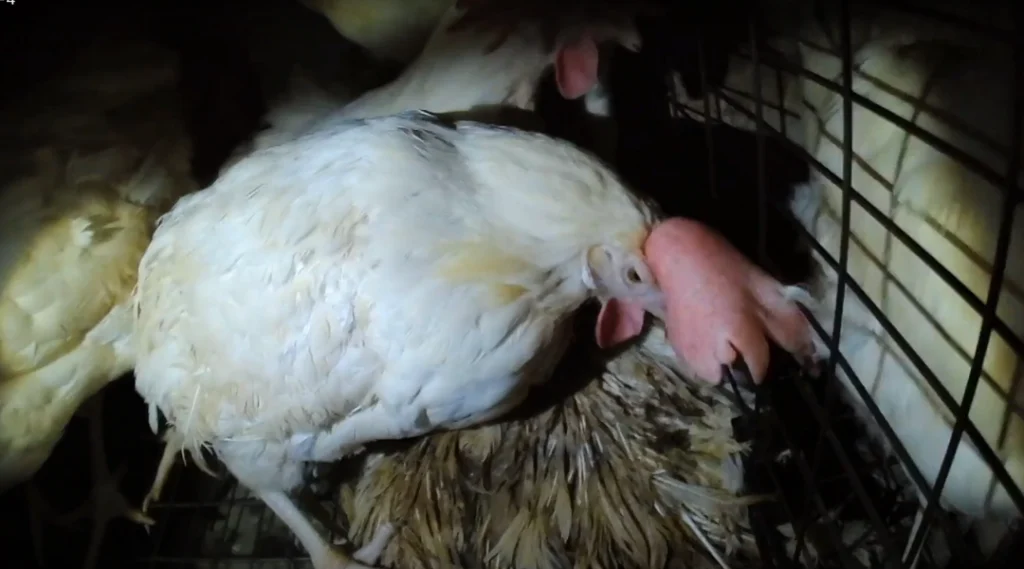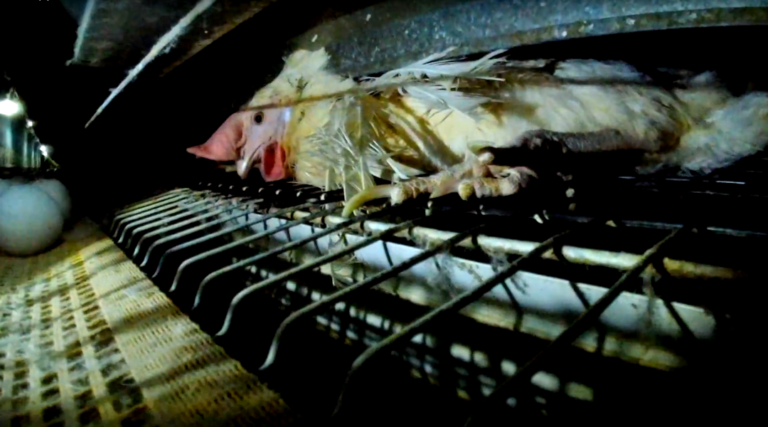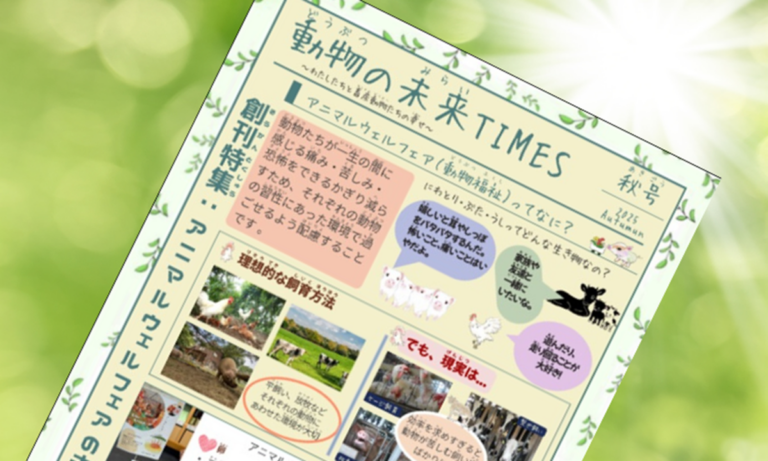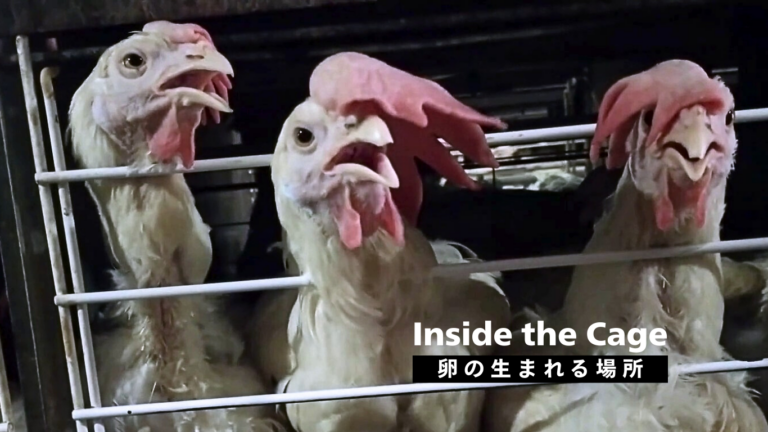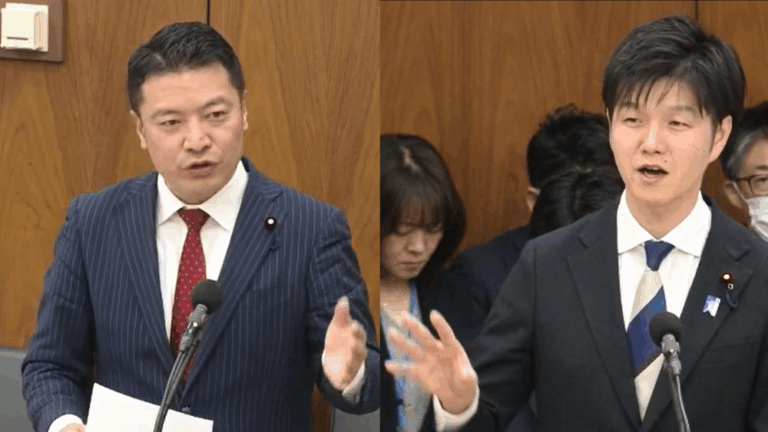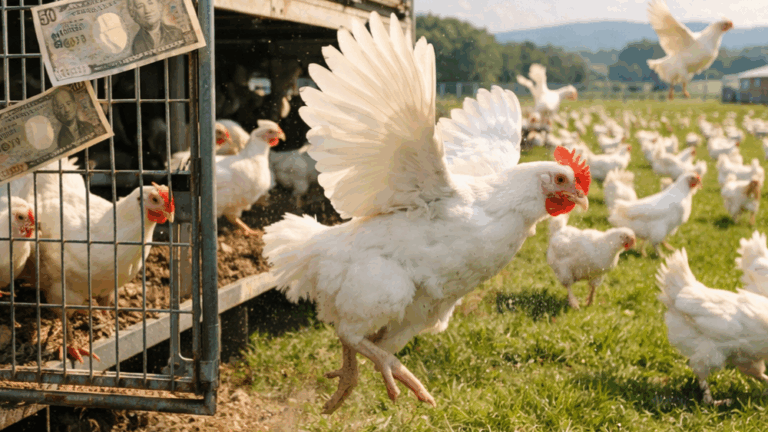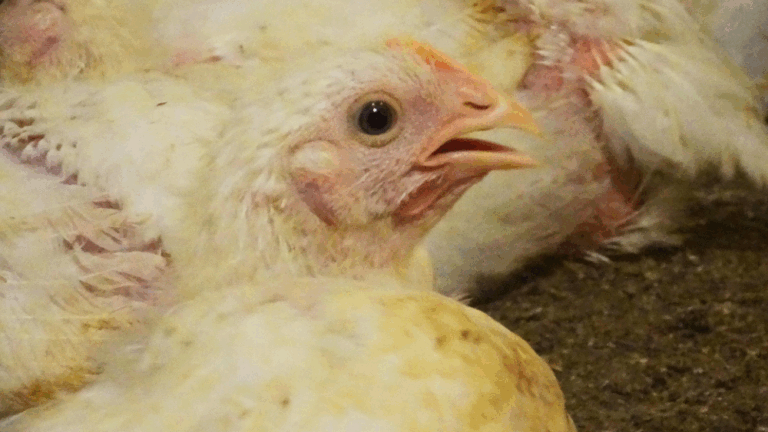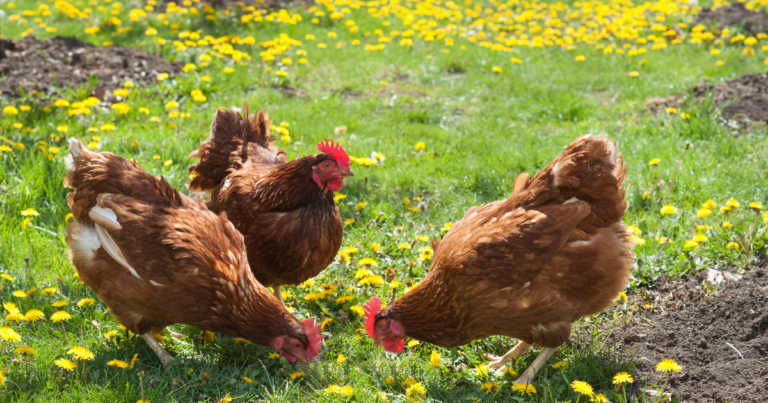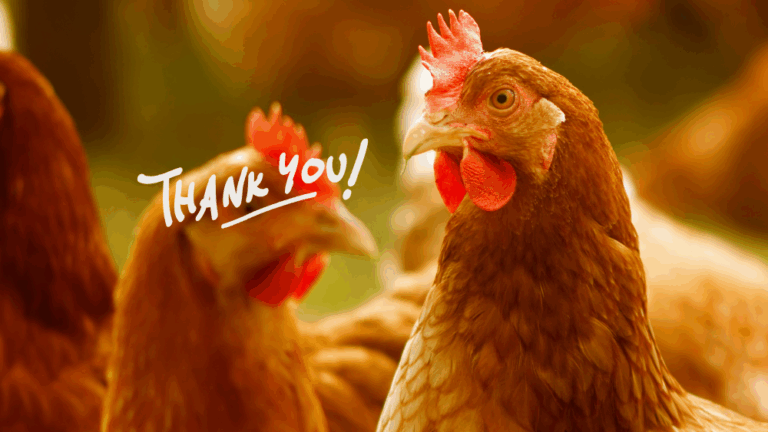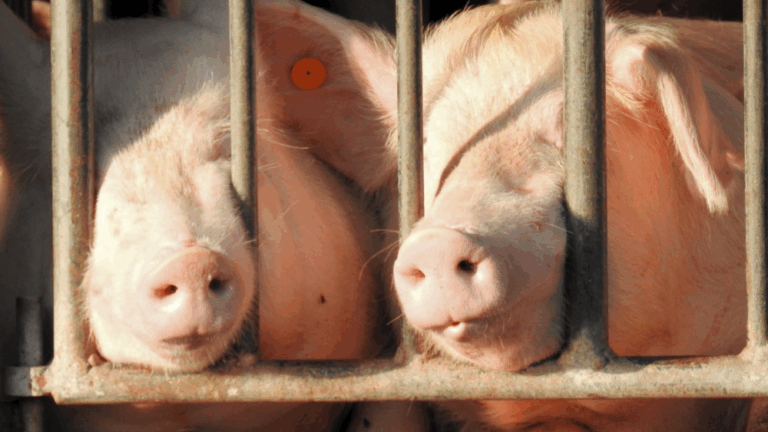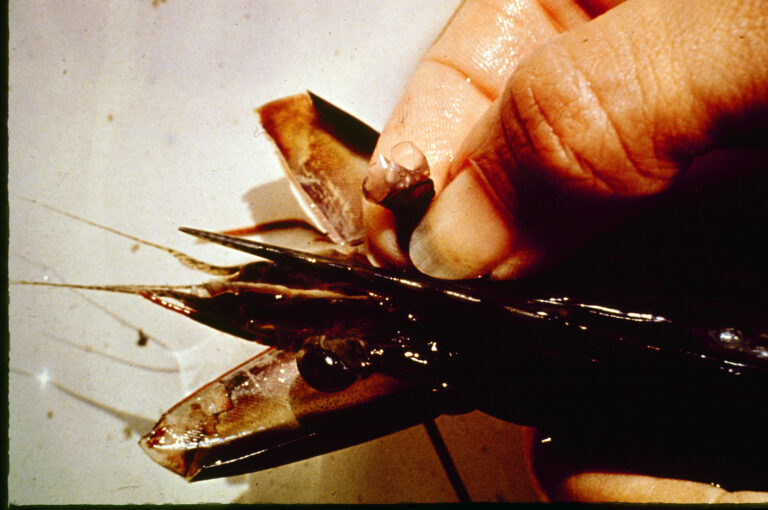In March 2022, Japan’s largest egg producer Ise Foods, faced by financial difficulted, filed for corporate reorganization, drawing much attention since.
Ise Foods keeps more birds in battery cages than any other companies in Japan, counting to as many as 13 million hens. While they have begun to introduce cage-free rearing methods in the United States, the pace has been extremely slow. Given that timing, they appear to have inevitably done so as some US states announced stringent regulations that would ban the trade of cage-reared eggs.
There are many ways to describe Ise Foods; the largest egg company in Japan, a frontier of the low margin high turnover business model in the egg industry, or the hero for consumers who appreciate low cost food. From the perspective of an animal protection organization, it has been the company who is unwilling to change its business practices for animal welfare.
Some may still remember the shocking news about their cruel way of rearing and getting rid of their chickens. Basically, they were slowly killing their weakened birds by leaving them to slowly die.
We should note that while many companies, like Toyota Tsusho Corporation, often disregard communications from animal rights organizations like us, Ise has responded to inquires about preventing animal cruelty. So, we have faith in them and hope they will go cage-free in the near future.
At the same time, if they remain the same company that can’t achieve a global animal welfare standard, we’re afraid the future may be dark.
Business practice in egg industry – low margin high turnover
The business that confines as many hens as possible in cages, forces a 2kg-hen to lay a 60g-egg as many as 300 times a year, and sells the eggs for as cheap as 10-25 yen each, inevitably has its limits.
In discussion with companies or in people’s reactions, there are companies reluctant to raise the price of an egg from 20 yen to 25 yen. They don’t want to spend that much on eggs; this is clearly their stance.
However, despite the fact that eggs, which are highly praised as “the honor student in prices”, have been able to keep low in price for decades, it’s not because of government policies or public demands that enabled it. It’s just that the egg industry keeps overproducing eggs. Additionally, this is encouraged by the government policy that, even when profits are lost from overproducing, it’s to be compensated with subsidies using our tax money. This business model with obvious limits has been created and prolonged by none other than large egg producers like Ise Foods that keep expanding their ultra large scale factory farming.
Even though this results in more chickens suffering, as mentioned above, the majority of the egg producers don’t show much interest in animal welfare (※ not all). Consequently, expansion and intensification has continued to this date.
Ise Foods allocates only 258 cm2 per bird, which is arguably the smallest in the world. In South Korea, for comparison, their regulation requires egg producers to provide at least 750 cm2 per bird. So a hen at Ise is forced to live all her life laying eggs in a space just 38% of that provided to a hen in South Korea. This is a common practice in the egg industry in Japan, which has been pioneered by Ise Foods.
While Japan seems to be going backwards, the world is moving in a direction that is more animal friendly.
The inexorable movement toward cage free
The idea of getting as many eggs as possible by cramming chickens in cages has already been fading away in the world market and the poultry industry is entering the next stage. Of course the egg industry has not willingly followed this trend. Although they’ve resisted the change, they have no choice but to accommodate the needs of the world.
When the 7 states in the US issued stringent regulations that would ban the trade of eggs from chickens kept in cages, organizations associated with the egg industry and states with many cage-rearing producers filed an objection that it was against the Constitution, leading to a court case. However, the Supreme Court has rejected it.
Despite such resistance from egg producers, 52% of laying hens have already been freed from cages in the EU and so will 66% of the hens in the US by the end of 2025.
Furthermore, Thailand, Taiwan, Philippine, and China have set standards for cage-free rearing methods. What this indicates is that eggs from countries like Japan that don’t have any standards cannot be trusted while those from such countries can be because they are guaranteed to have been produced through a certain standard of animal welfare. This reflects a competitive advantage because the majority of global companies have the standards of not only cage-free but of more detailed rearing methods.
Despite the Japanese government’s intention to extend the exports of eggs to Hong Kong, there would be simply no room in the market for Japanese eggs produced in cages and having no rearing standards to be accepted. The market will more likely choose eggs with high standards from other countries.
How about the situations in Japan? Some companies in Japan that we discuss with are beginning to seek cage-free to some extent and we can say few companies can deny the current cage-free trend or its need.
Many institutional investors are also beginning to realize it’s only smart to avoid the risk of not dealing with animal welfare. They’re anxious because of the Akita Foods scandals followed by Ise Foods so they are no longer in favor of this “you get what you pay for” business model in the egg industry.
Likewise, companies who buy cheap eggs will also face the risk of losing trust should they keep following this business model.
Sooner or later, the Japanese egg industry must accept the current trend of cage-free and raising the standards of animal welfare. We think that the sooner they embrace this change, the more quickly they will gain respect from consumers.
Please fulfill corporate social responsibilities
Socially influential corporations and individuals making big profits should not forget that they bear bigger social responsibilities. The former CEO of Akita Foods apparently complained during the court case about the egg industry having a low status and the resulting challenges, but that’s how they have treated the chickens. The industry has tried to maintain egg prices low. They look down on their chickens and continue this obsolete business practice. They’ve never considered raising the egg prices for the sake of a better environment for chickens.
It just goes to show the egg industry is solely reliant on methods that agonize the animals while conveniently forgetting their business can exist because of these animals.
Companies procuring these eggs have continued allowing this abuse, taking advantages of the low price full of victims created by the egg industry.
It’s about time to reform this idea from bottom up . We hope that every Japanese company adopt cage-free as a minimum standard.
